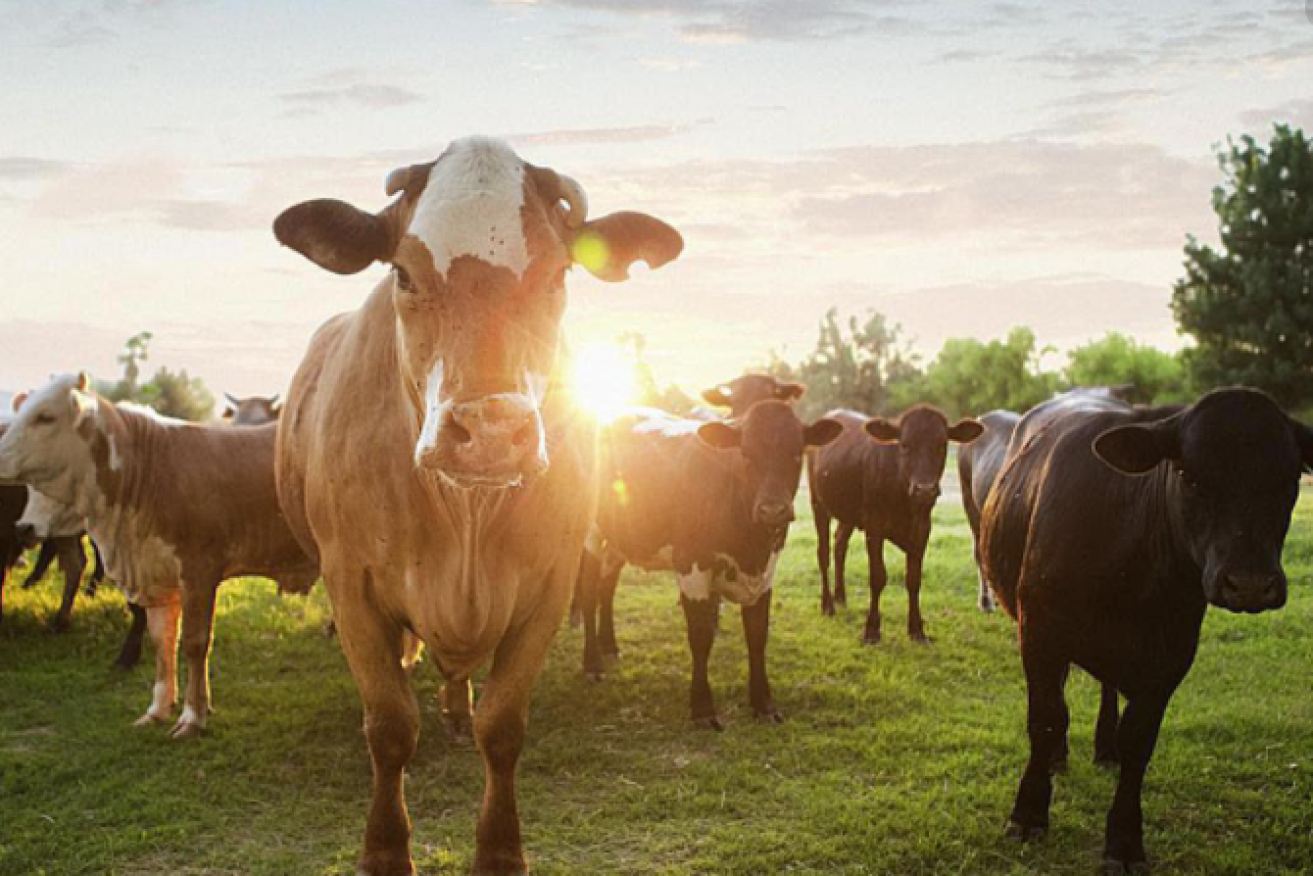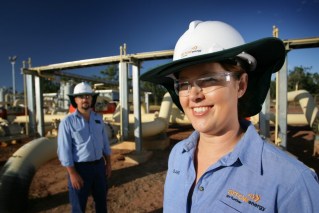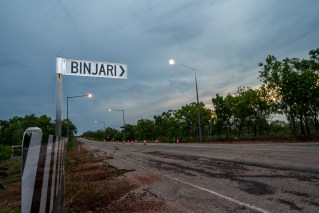Homespun: new $2m tourism campaign gets down on the farm
Resurgent regional Queensland is generating a new tourism campaign in the wake of border disruptions and international travel restrictions that are keeping our leisure dollars at home.


AI could be used to speed up the breeding of plants and animals (file image)
The talk this week in Rockhampton during the beef industry’s biggest industry celebration has been the once-in-a-generation opportunity in front of producers to create new levels of profitability and sustainability due to aligned seasonal and market conditions both here and abroad.
While some of those conditions were developing before the pandemic, Covid shockwaves over the last 18 months have accelerated the gear-shift towards a more decentralised approach to living and working throughout Queensland.
In areas like Longreach, now at the peak of the outback winter tourism season, accommodation is in short supply.
In regional centres up and down the coast, like Bundaberg, construction is booming, constrained only by the stretched availability of tradespeople.
Beef wholesalers this week in Rockhampton, who cater to the restaurant and catering industry, have told InQueensland at Beef Australia that they’ve been filling record volumes for regional operators since hospitality was reopened mid last year.
Now the Queensland Government is capitalising on the momentum, launching a new $2 million campaign in Rockhampton on Friday to attract visitors to farms and help farmers diversify their income as part of the state’s economic recovery plan.
The ‘Taste Farm Life’ agritourism campaign builds on recent studies conducted by Queensland Farmers Federation and Griffith University to inject more infrastructure around a still nascent, but promising rural industry.
Agriculture and Rural Communities Minister Mark Furner said Queensland’s reputation as a relatively Covid-safe destination meant there were opportunities for tourists to explore more of the state.
“Many agribusinesses offer a variety of food and farm experiences including farm gate sales, food and wine sampling, farmer’s markets, pick-your-own fruit and veggie experiences, farm stays, and food and farm festivals and events,” he said.
“These exciting and memorable holiday adventures are often within easy driving distance of coastal communities and the time has never been better for people to get a real taste of where their food comes from.”
Ryan and Annika Anderson are fifth-generation owners of Henderson Park. Annika Anderson said her parents branched out into agritourism in the 1990s when drought impacted income to their cattle business.
“The drought was the impetus for our family-owned commercial beef cattle property to add a secluded accommodation and function venue,” she said.
“Agritourism has been a gift that allows us to share our stories with our guests that we would otherwise have not had the opportunity to get to know and that we now call friends.”
Furner said the two-year campaign was part of a first phase to develop the sector further and build market demand.
“There is so much of Queensland to explore, and many farmers have a lot to be proud of and experiences to share,” Furner said.
“This campaign is good for our farmers, good for the Queensland economy and especially good for the visitors who will get to enjoy these experiences.
“We know that Queensland farmers are struggling and looking to diversify their income sources to survive economic downturn due to Covid-19-induced export interruptions and labour shortages, natural disasters and drought.
“That is why we are supporting agribusinesses looking to diversify and back the Queensland Government’s agenda to support jobs, back small business, and grow our regions.”
The initiative coincides with the release of an ANZ Bank report showing family-owned and operated cattle properties are experiencing a revival.
Launching the report at Beef Australia, ANZ director of agribusiness insights Michael Whitehead said the family farm model was continuing to grow in strength.
“Not that long ago, it was felt by some that the future of farming would become mostly larger corporate operations, with the family farm diminishing in influence,” he said.
“There were fears that family farms could find it difficult to compete on scale, efficiency, or consolidation opportunities. Fast forward to today and increasingly many family farms have not only risen to the challenge but pursued a range of innovations to grow in strength.”
Supermarket giant Coles also this week announced extensions to its beef agreements, adding a further 15 family-owned cattle enterprises in Queensland to its list of contract suppliers.
Under the agreement, Teys Australia, which has been in the Teys family for four-generations, will process cattle purchased by Coles from hundreds of Australian beef producers, at Teys’ Beenleigh abattoir.












